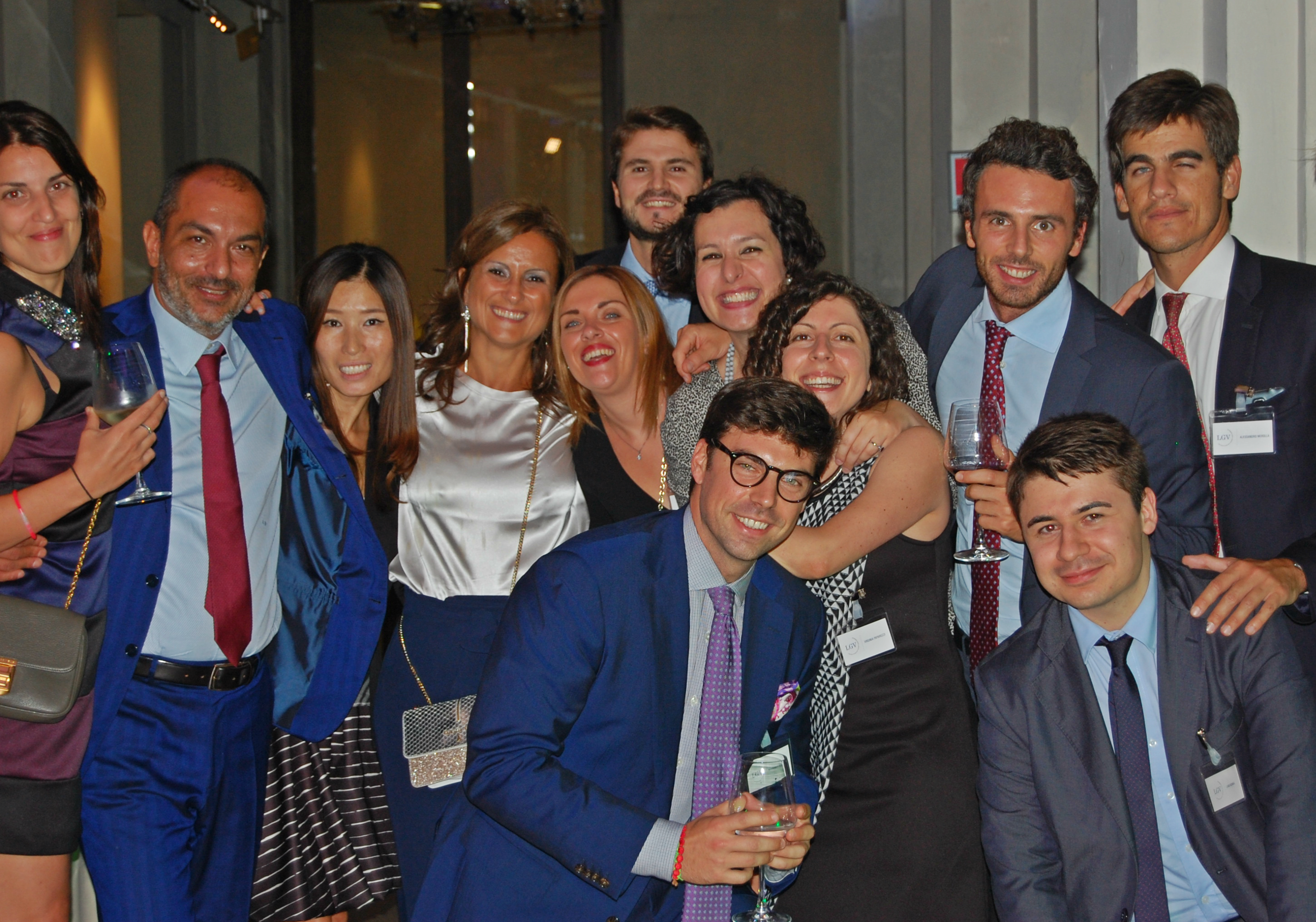COMPUTER PROGRAMS AND (RE) SALE OF COPIES VIA NON ORIGINAL SUPPORTS
14/10/2016
With recent decision of 12 October 2016, the Court of Justice of the European Union has once again dealt with the issue of exhaustion of the right of distribution for the sale of used computer program copies. The matter reached the European Court following referral for a preliminary ruling by the Regional Court of Right, Special Panel for criminal matters, in Latvia, where criminal proceedings were pending against Messrs. Aleksandrs Ranks and Jurijs Vasiļevičs. The defendants were accused of the sale of several online copies of software produced by Microsoft and protected by copyright.
The national judge asked the Court whether articles 4, letters a) and c), and 5, paragraphs 1 and 2, of Directive 91/250/EEC of the Council, should be interpreted in the sense that the purchaser of a “used” copy of a computer program, registered on a non original physical support, could, following application of the rule governing exhaustion of the right of distribution of the rightholder, sell to third parties such copy if (i) the original physical support for such program, delivered to the first purchaser, has deteriorated and (ii) the first purchaser has cancelled the copy of the software installed on his own PC or has ceased using it.
The Court of Justice initially observed that it is a well known principle pursuant to which the right of distribution of a copy of a computer program must be considered exhausted if the rightholder has (i) authorized the first sale of the copy itself and (ii), upon gaining an economic benefit, has assigned the right of use without temporal limitations (as stated by the Court of Justice in the known UsedSoft ./. Oracle judgment of 3 July 2012, case C-128/11).
The above mentioned rule of exhaustion of the right of distribution applies to copies of licensed software both in the case where such copies have been registered on analog support as well as downloaded from the website of the right holder in so far as, according to the Court, the directive makes no distinction between the tangible or intangible form of the copy. However, the first purchaser, if he intends to resell the copy of the purchased software, must render it unusuable or remove it from his or her PC.
The case under scrutiny concerns resale to third parties by Messrs. Aleksandrs Ranks and Jurijs Vasiļevičs of copies of Microsoft software registered on non original supports in so far as, according to the defendants, the original support had deteriorated or been destroyed. No evidence was brought forth in the course of the proceedings such as to prove that the copies of the Microsoft software, the object of the resale, had been legitimately purchased by Messrs. Aleksandrs Ranks and Jurijs Vasiļevičs.
Faced with these arguments, the Court excluded that the reserve copy of a computer program, albeit legitimate pursuant to art. 5, para. 2 of the above mentioned Directive, could constitute object of sale to third parties without the consent of the rightholder. However, the Court also observed that if the support on which the licensed program deteriorates or is destroyed, then the legitimate purchaser of an unlimited license for a copy of the computer program must be left in a position to download the aforesaid copy via the web site of the right holder for his own exclusive use.
In conclusion, the Court of Justice clarified that the first purchaser of an unlimited license for software has the right to resell to third parties the copy installed on his own PC without, however, being able to assign the reserve copy of said software if the origina support on which the copy has been registered deteriorates or is destroyed. In any case, it falls upon those who invoke the application of the principle of exhaustion of the right of distribution to prove, by any evidence, that they have legitimately purchased an unlimited license for the individual resold copy (and that they have rendered unusuale / have cancelled the copy originally installed on their PC).

